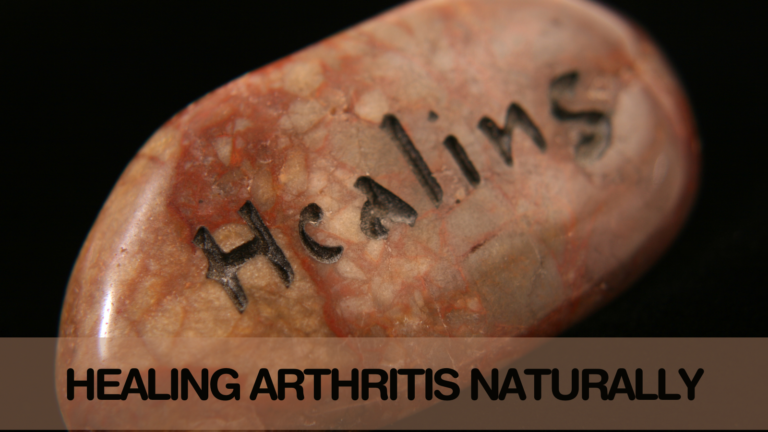Natural Weight Loss Diet Plan
Natural Weight Loss Diet Plan
Starting a natural weight loss diet plan is a ray of hope for many people trying to lose weight and live a better lifestyle.
A natural weight loss diet plan emphasizes avoiding processed and refined foods and providing the body with nutritious, nutrient-dense foods.
Whole foods, including fruits, vegetables, lean meats, and healthy fats, can help people develop a balanced eating pattern that nourishes their bodies, boosts metabolism, and encourages slow, steady weight loss.
This holistic approach to weight loss goes beyond mere calorie counting. It prioritizes the quality and composition of food to optimize overall health and vitality.
In this article, we delve into the principles, benefits, and practical strategies of a natural weight loss diet plan, exploring how it can empower individuals to achieve their weight loss goals while fostering long-term health and wellness.
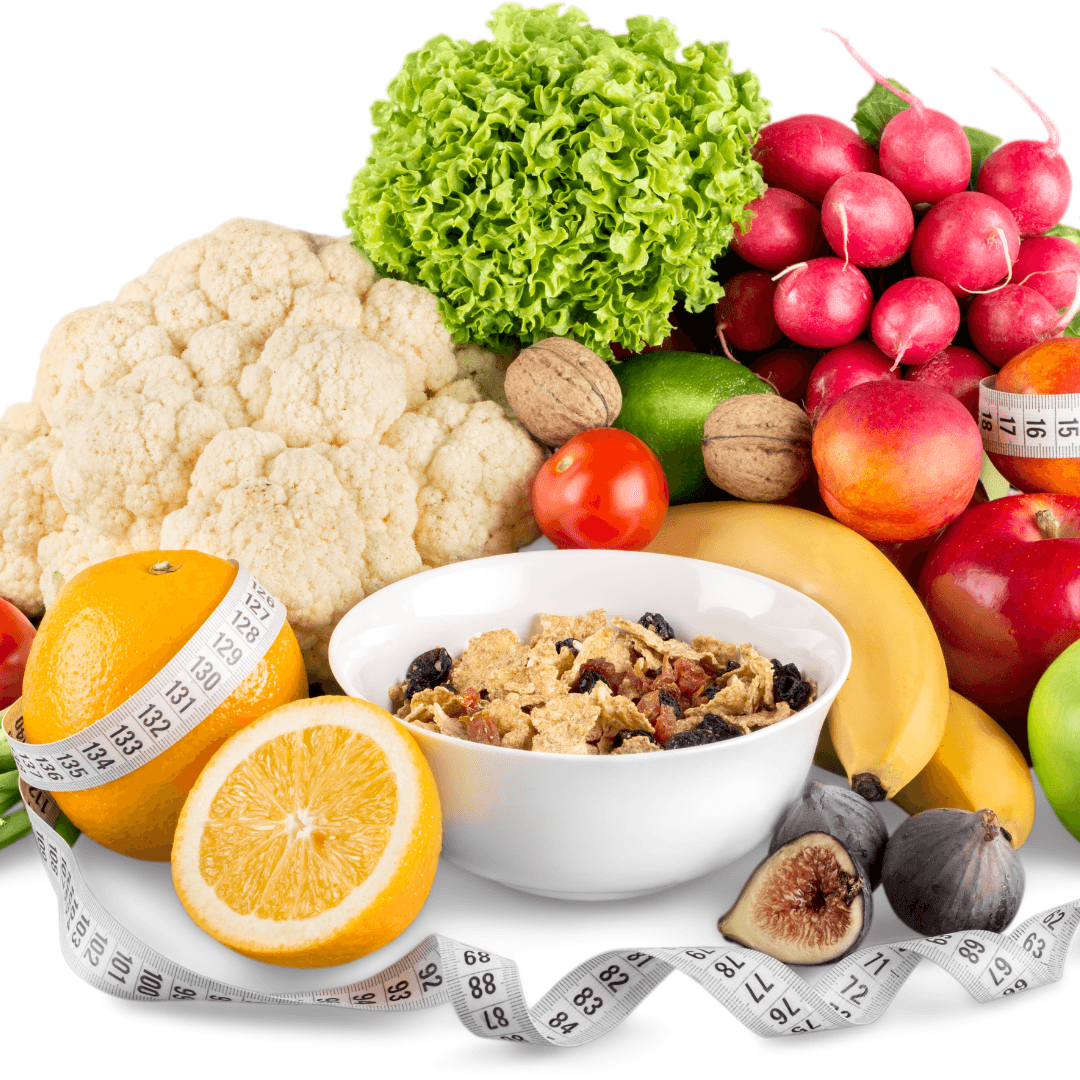
Understanding Natural Weight Loss
Natural weight loss focuses on sustainable, long-term lifestyle changes that promote overall health and well-being.
It emphasizes nourishing the body with wholesome, nutrient-dense foods while avoiding processed and artificial ingredients.
Unlike fad diets, which often involve drastic restrictions or unsustainable practices, natural weight loss encourages a balanced eating and physical activity approach.
Conversely, fad diets usually promise quick weight loss by using drastic methods such as severely restricting calories, cutting out whole food groups, or relying solely on supplements and meal replacements.
While fad diets may yield short-term results, they often fail to address the underlying factors contributing to weight gain and can be detrimental to health in the long run.
Principles rooted in balanced nutrition, portion control, and mindful eating are at the core of natural weight loss. It is part of making nutrient-dense, complete food choices free of artificial additives, bad fats, and added sugars.
Prioritizing nutrient-dense foods such as fruits, vegetables, lean meats, and whole grains can enhance metabolism, control appetite, and satisfy desires.
In addition, natural weight reduction encourages mindful eating techniques like slowing down, savouring each bite, and observing cues from hunger and fullness.
These concepts promote a positive relationship with food by empowering people to make decisions that align with their beliefs and aspirations.
Energy balance is the basis of the science underlying natural weight loss procedures. It states that weight loss happens when calories burned exceed calories consumed.
Although this is a basic premise, managing weight also greatly depends on the calibre of calories eaten.
For example, foods high in fiber, protein, and water content tend to be more filling and can help control appetite, leading to reduced calorie intake.
Additionally, regular physical activity helps increase energy expenditure, boost metabolism, and preserve lean muscle mass, contributing to successful weight loss and maintenance.
Understanding these scientific principles empowers individuals to make informed choices and adopt sustainable habits that support their weight loss journey.
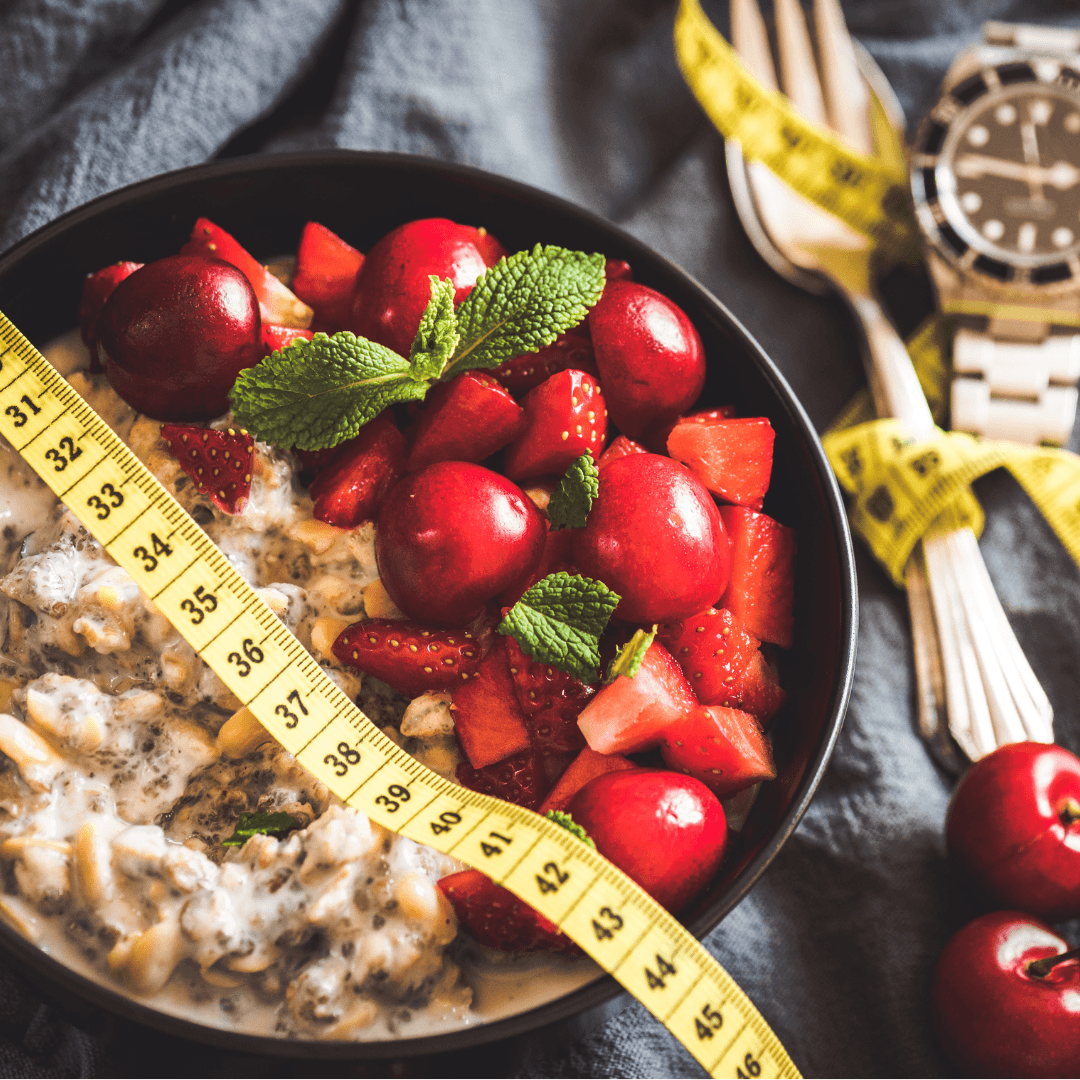
Key Components Of A Natural Weight Loss Diet Plan
There are other strategies to achieve long-term weight loss than calorie tracking and rigid diets.
Refuelling the body with complete, unprocessed foods, controlling portions and mindful eating, drinking enough water, and getting regular exercise are the main components of a natural weight loss routine.
A natural weight loss diet plan should include the following essential ingredients:
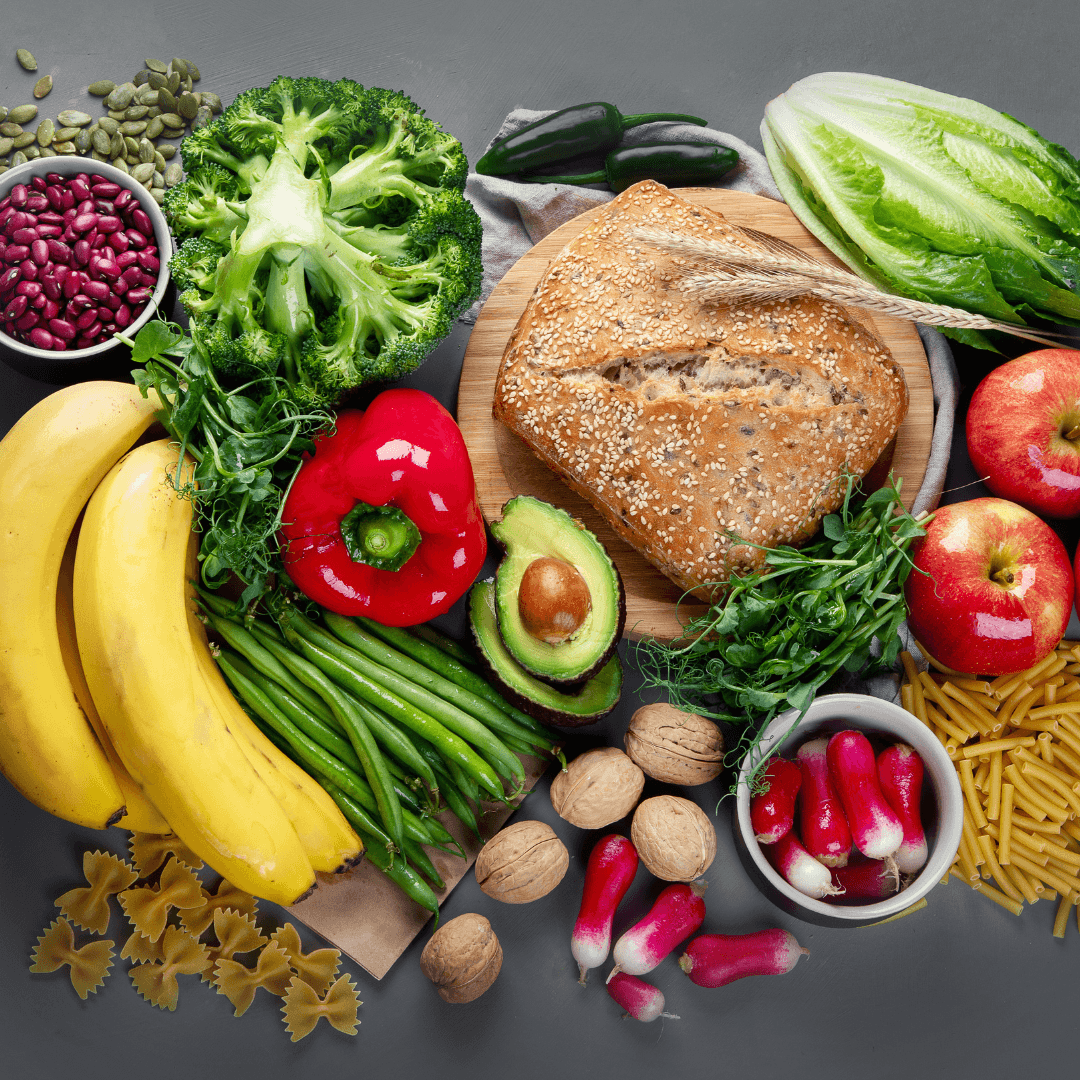
1. Emphasis On Whole, Unprocessed Foods
A natural weight-loss diet focuses on whole, unprocessed foods, particularly fruits and vegetables.
Nutrient-dense foods promote general health and well-being by providing vital vitamins, minerals, fibre, and antioxidants.
Fruits and vegetables are remarkably low in calories and provide a wholesome and fulfilling way to control weight efficiently.
Their high fibre content facilitates a balanced and long-term approach to weight loss, which also helps with digestion, satiety, and blood sugar regulation.
Apart from adding taste and texture to meals, a range of vibrant fruits and vegetables guarantees a varied intake of nutrients, supporting optimum health and energy while attempting to lose weight.
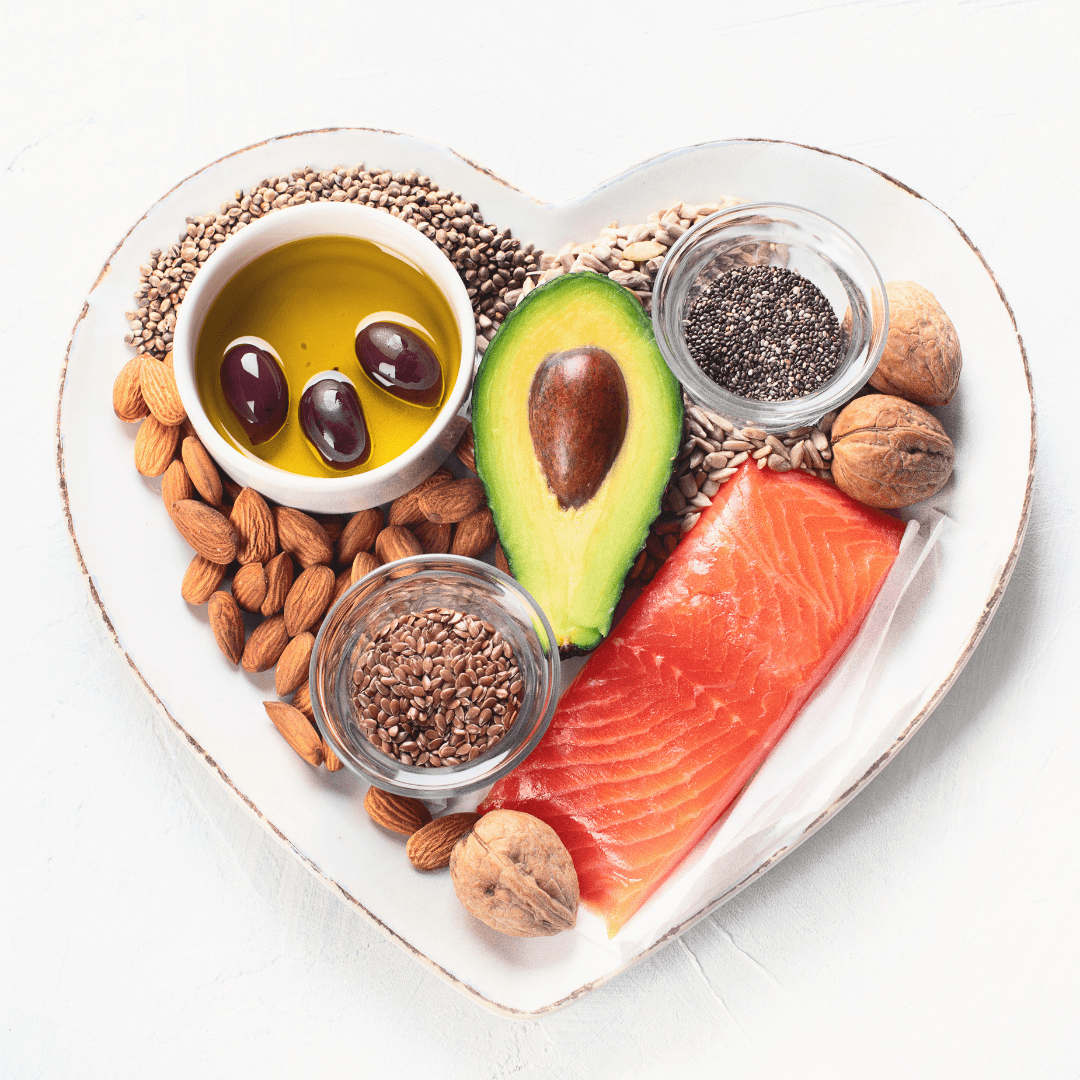
2. Incorporating Lean Proteins And Healthy Fats
Incorporating lean proteins and healthy fats into a natural weight-loss diet plan supports overall health and achieving weight-loss goals.
Fish, chicken, tofu, and lentils are lean proteins that provide the essential amino acids required for muscle growth and repair. Additionally, they encourage fullness, which reduces hunger and keeps overeating in check.
Nuts, seeds, avocados, and olive oil are rich in good fats, which are essential for maintaining normal cholesterol levels and hormone balance.
By balancing lean proteins and healthy fats in meals, individuals can stabilize blood sugar levels, regulate appetite, and reduce cravings, promoting sustainable weight loss while supporting overall well-being.
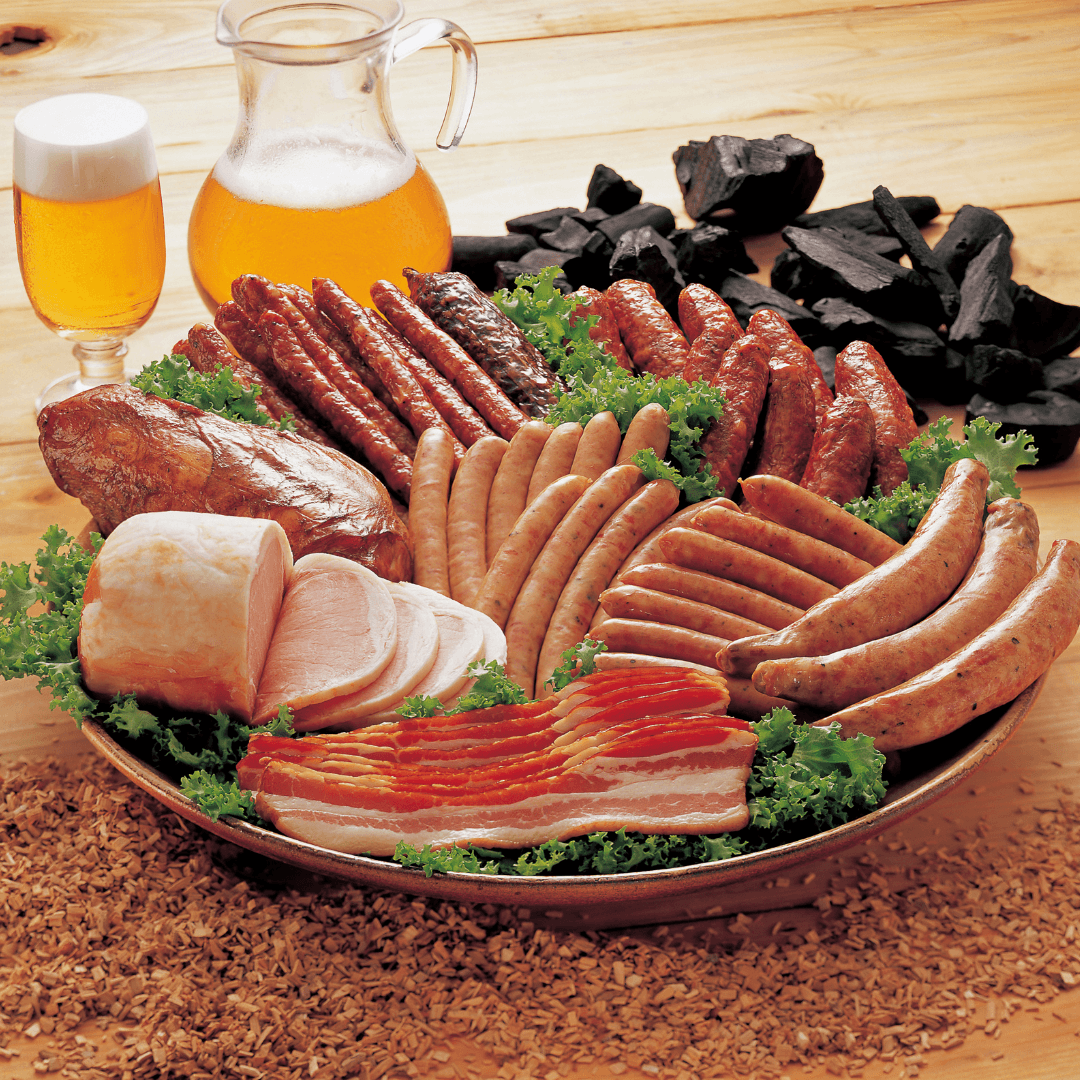
3. Avoiding Processed And Refined Foods
Avoiding processed and refined foods is essential for a natural weight loss diet plan. Usually heavy in calories, sugar, sodium, and bad fats, these foods greatly aggravate metabolic problems and lead to weight gain.
To further undermine general health, processed and refined diets lack vital elements like fiber, vitamins, and minerals in whole foods.
Individuals can support their weight loss efforts by reducing calorie intake and improving nutrient density by opting for whole, unprocessed alternatives.
Whole foods provide sustained energy, promote feelings of fullness, and support proper digestion and metabolism.
Choosing whole, unprocessed foods over processed and refined options is a fundamental aspect of a natural weight loss diet plan, fostering better health outcomes and sustainable weight management.
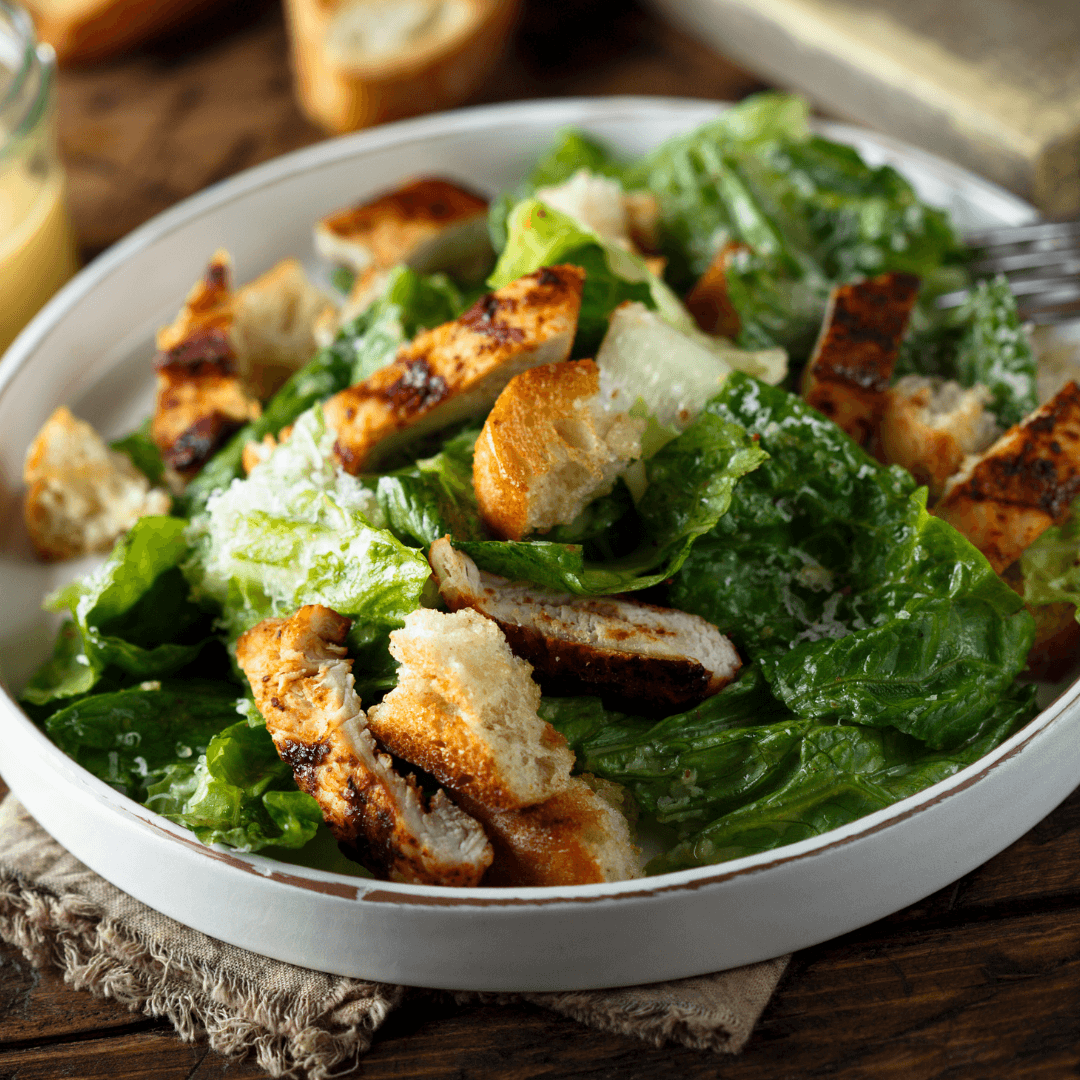
4. Understanding Serving Sizes
Understanding serving sizes is fundamental to successful weight management within a natural weight-loss diet plan.
By learning to recognize appropriate portion sizes, individuals can prevent overeating and maintain a healthy balance of calorie intake.
Visual cues, such as measuring cups and plates, are valuable tools in portion control. They enable individuals to gauge their food portions accurately.
Portion control involves balancing calorie-dense foods and lower-calorie options to achieve a well-rounded and nutritious diet.
By being mindful of portion sizes and making conscious choices about food intake, individuals can better manage their weight and support their overall health and well-being.
This approach fosters a sustainable lifestyle that promotes healthy eating habits and long-term success in achieving weight loss goals.

5. Practicing Mindful Eating Techniques
Practicing mindful eating techniques is a powerful strategy for supporting natural weight loss and fostering a healthier relationship with food.
This approach involves being fully present and attentive while eating, paying close attention to hunger and fullness cues, and savouring each bite.
By tuning into these signals, individuals can better regulate their food intake, preventing overeating and promoting a sense of satisfaction.
Mindful eating also encourages awareness of taste, texture, and overall enjoyment of food, allowing individuals to derive greater pleasure from their meals.
Additionally, mindful eating promotes a deeper connection with food and a heightened appreciation for its nourishment by slowing the eating process and focusing on the sensory experience.
Over time, practicing mindful eating techniques can help individuals develop a more intuitive and balanced approach to eating, supporting their overall health and weight loss efforts.

6. Benefits Of Drinking Water For Weight Loss
Water consumption has numerous, substantial advantages for weight loss. Firstly, water helps boost metabolism by increasing the rate at which the body burns calories, aiding in weight loss efforts.
Additionally, drinking water before meals can help suppress appetite and reduce calorie intake by creating a feeling of fullness, decreasing food consumption.
Staying hydrated supports optimal digestion by aiding in the breakdown of food and the absorption of nutrients, ensuring efficient nutrient delivery throughout the body.
Additionally, drinking enough water helps the body eliminate waste materials and pollutants, improving general health and well-being.
Water is also needed to maintain fluid balance, control body temperature, and support several critical physiological processes for general health and weight management.
Therefore, prioritizing hydration through adequate water intake is integral to achieving and maintaining weight loss goals.
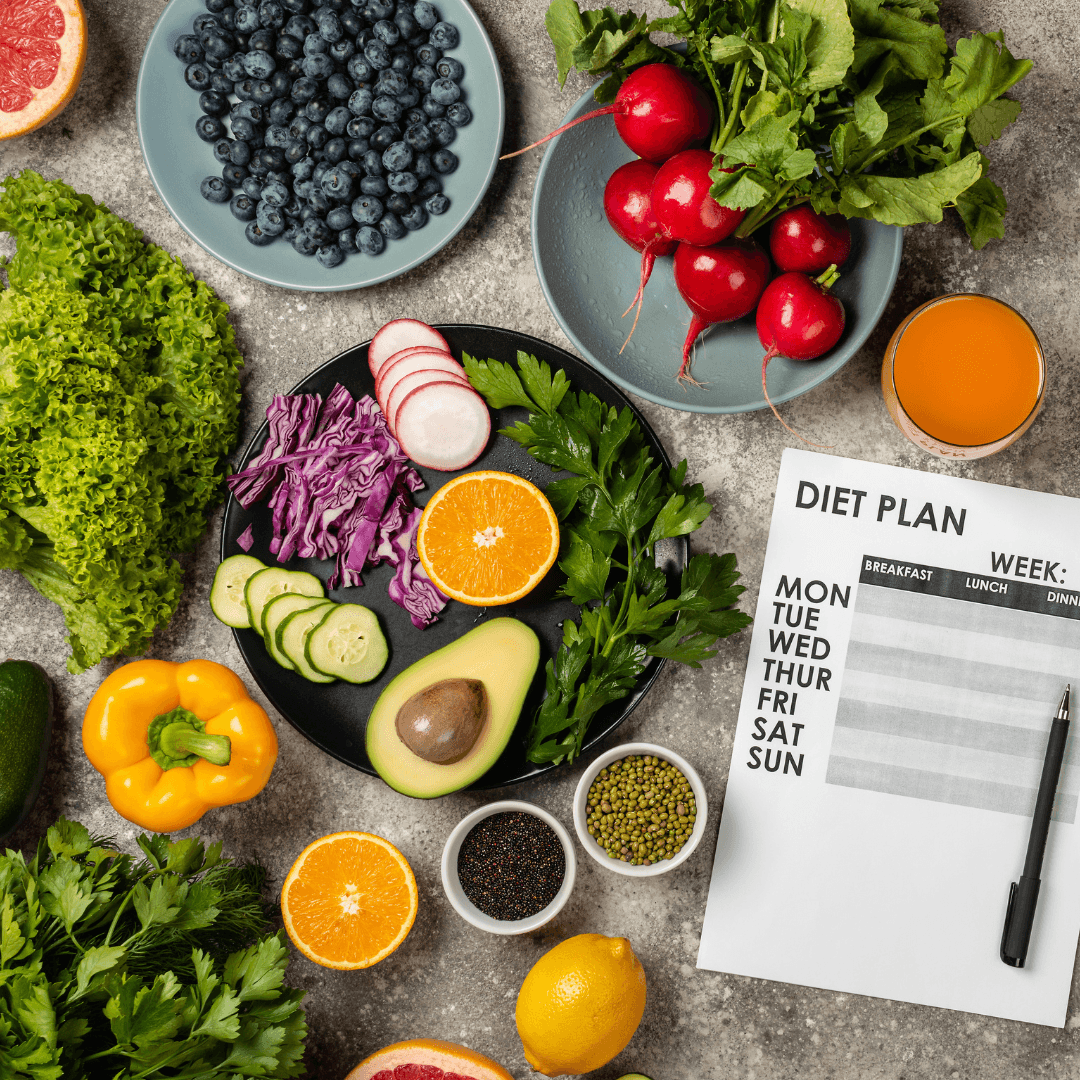
Creating A Natural Weight Loss Meal Plan
Creating a natural weight loss meal plan is vital to achieving sustainable and healthy weight loss goals.
Focusing on whole, nutrient-dense foods and mindful eating habits can nourish your body, support your metabolism, and achieve lasting results.
1. Planning Meals Around Whole Food Groups
Building balanced meals involves incorporating a variety of whole-food groups to ensure optimal nutrition and satiety.
Start by including lean proteins such as chicken, fish, tofu, and beans and complex carbohydrates like whole grains, fruits, and vegetables.
Add healthy fats from avocados, nuts, seeds, and olive oil to promote satiety and support overall health.
2. Sample Meal Ideas and Recipes
- Breakfast: Greek yogurt with berries, almonds, or oatmeal topped with sliced banana and almond butter.
- Lunch: Grilled chicken salad with mixed greens, vegetables, and vinaigrette dressing, or quinoa and vegetable stir-fry.
- Dinner: Baked salmon with roasted sweet potatoes, steamed broccoli or turkey chilli with beans and mixed vegetables.
3. Choosing Nutritious Snacks
Choose snacks that balance protein, fiber, and healthy fats to satisfy you between meals. Examples include apple slices with peanut butter, Greek yogurt with granola, or carrot sticks with hummus.
4. Healthy Alternatives For Satisfying Cravings
When cravings strike, reach for healthier alternatives to traditional treats. Swap out sugary snacks for options like dark chocolate squares, air-popped popcorn, or fruit smoothies made with natural sweeteners like honey or dates.
5. Batch Cooking And Storing Meals
Dedicate weekly time to batch cooking and preparing meals in advance. Cook large batches of proteins, grains, and vegetables that can be portioned out and stored in the fridge or freezer for quick and convenient meals throughout the week.

The Role Of Physical Activity In Natural Weight Loss
Regular physical activity is a cornerstone of natural weight loss, offering numerous benefits beyond calorie expenditure.
Exercise helps create a caloric deficit, which is crucial for weight loss, by burning calories and increasing metabolism.
Additionally, exercise promotes muscle growth, further boosting metabolism and supporting long-term weight maintenance.
Additionally, physical activity promotes general health and well-being by lowering the risk of chronic diseases, elevating mood, and improving sleep quality. The following are the top workouts for inducing natural weight loss:

1. Cardiovascular Exercises
Cardiovascular exercises, or cardio, increase heart and breathing rates, leading to calorie burn and fat loss.
These exercises improve cardiovascular health, enhance endurance, and promote weight loss. Examples of cardiovascular exercises include:
- Running or jogging
- Cycling
- Swimming
- Walking briskly
- Dancing
- Jumping rope
2. Strength Training And Muscle-Building Exercises
Strength training exercises involve resistance or weight-bearing movements that target muscles, leading to growth and development.
Building lean muscle mass is essential to increase metabolism, burn more calories at rest, and achieve a toned physique. Strength training exercises that support natural weight loss include:
- Weightlifting
- Resistance band exercises
- Bodyweight exercises (e.g., push-ups, squats, lunges)
- Functional training exercises (e.g., kettlebell swings, medicine ball exercises)
3. High-Intensity Interval Training (HIIT)
In HIIT training, short bursts of high-intensity exercise are interspersed with shorter rest or lower-intensity activity intervals.
This workout is a great way to increase metabolism, improve cardiovascular fitness, and burn calories. Exercises like this can be incorporated into HIIT programs, customized to each person's tastes and degree of fitness.
- Sprint intervals
- Bodyweight circuits
- Tabata workouts
- HIIT classes or group fitness sessions

4. Flexibility And Mobility Exercises
Flexibility and mobility exercises improve joint range of motion, muscle flexibility, and overall mobility.
While these exercises may not directly contribute to calorie burn, they are crucial in injury prevention, enhancing exercise performance, and supporting overall physical health.
Examples of flexibility and mobility exercises include:
- Stretching routines (static, dynamic, or active stretching)
- Yoga
- Pilates
- Mobility drills and exercises (e.g., foam rolling, mobility bands)

5. Mind-Body Practices
Mind-body practices focus on integrating the mind and body through movement, breathwork, and mindfulness techniques.
While these exercises may not directly contribute to calorie burn, they promote stress reduction, mental clarity, and overall well-being, which can support healthy weight management.
Mind-body practices that complement natural weight loss efforts include:
- Tai chi
- Qi gong
- Mindful walking or meditation
- Breath-focused practices like pranayama (yogic breathing)
- Mindfulness-based stress reduction (MBSR) techniques
Incorporating diverse exercises into a natural weight loss regimen ensures comprehensive fitness development, promotes adherence to an active lifestyle, and enhances overall health and vitality.
Individuals can experiment with different exercises to find what best suits their preferences, goals, and fitness levels, allowing for a well-rounded and sustainable approach to weight loss.

Lifestyle Factors And Natural Weight Loss
Achieving sustainable weight loss goes beyond diet and exercise. It also involves addressing various lifestyle factors influencing weight management.
Stress management plays a crucial role, as chronic stress can lead to emotional eating and disrupt metabolic processes.
Techniques for reducing stress include deep breathing exercises, meditation, and engaging in enjoyable activities that promote relaxation.
Understanding the connection between stress and emotional eating can help individuals develop alternative coping strategies to manage stress without turning to food for comfort.
Prioritizing sleep is another essential lifestyle factor for successful weight loss. Quality sleep regulates appetite hormones, metabolism, and energy balance.
Establishing a regular sleep routine, furnishing a cozy sleeping space, and engaging in relaxation exercises before bedtime are all necessary to increase the quality and length of sleep. Maintaining weight loss attempts also requires creating a supportive environment.
Surrounding oneself with positive influences, seeking support from friends, family, or professionals, and finding role models who have achieved weight loss goals can provide encouragement, accountability, and practical guidance throughout the journey.
By addressing these lifestyle factors alongside dietary and exercise changes, individuals can optimize their chances of achieving and maintaining natural weight loss in the long term.
![]()
Tracking Progress & Making Adjustments
Sustaining a healthy weight requires monitoring your food intake and exercise level. You may maintain accountability and awareness of your eating habits using helpful apps or food journals.
Keeping a fitness journal allows you to analyze your training routines, set objectives, and track your advancement over time.
These tools make educated judgments on your route to health and fitness potential, offering insightful information about your daily routine.
Plateaus are a common hurdle in weight loss, but they don't have to derail your progress. Understanding that your body may temporarily standstill in shedding pounds can help you stay motivated.
When faced with a plateau, try mixing up your workout routine, tweaking your diet, or increasing your physical activity levels. Small changes can reignite your progress and push past sticking points.
If you are having trouble or need advice on changes, don't hesitate to consult a qualified nutritionist or a healthcare provider.
They can ensure you stay on track toward your weight loss goals by providing individualized guidance and assistance suited to your circumstances.
Recall that although growth isn't always a straight line, you can still make the necessary corrections and advance toward a better, happier version of yourself if you have patience, persistence, and the appropriate attitude.

Overcoming Challenges And Staying Motivated
When embarking on a journey toward natural weight loss, it's essential to recognize and tackle common hurdles that may arise.
Dealing with cravings and resisting temptation can be tough, especially when faced with tempting treats or comfort foods.
Additionally, setbacks, whether a slip-up in your eating habits or a missed workout, are inevitable. However, staying resilient in facing challenges is key to long-term success.
Despite the obstacles, there are effective strategies for staying motivated and maintaining momentum in your weight loss journey.
Establishing attainable short- and long-term goals gives you a clear path forward and keeps your attention on your goals.
Honouring accomplishments, no matter how minor, raises spirits and strengthens constructive behaviours.
Whether you hit a fitness milestone, fit into a smaller clothing size, or simply make healthier food choices, acknowledging and celebrating your achievements motivates and inspires you to continue progressing.
Additionally, finding support from friends, family, or online communities can provide encouragement, accountability, and a sense of camaraderie throughout your journey.
By adopting these strategies and staying committed to your goals, you can overcome challenges, stay motivated, and ultimately achieve lasting success in your natural weight loss endeavours.
Conclusion
A natural weight loss diet plan offers a sustainable and effective approach to achieving and maintaining a healthier weight.
It is crucial to remember that losing weight is a journey with potential obstacles. However, individuals can overcome challenges and achieve lasting success by staying resilient, seeking support when needed, and celebrating successes.
Embracing a healthy lifestyle beyond weight loss goals ensures continued vitality and happiness, fostering a positive relationship with food, exercise, and self-care.
With dedication, patience, and a commitment to long-term wellness, anyone can achieve their natural weight loss goals and enjoy a lifetime of health and vitality.
I trust you enjoyed this article on the Natural Weight Loss Diet Plan. Please stay tuned for more blog posts soon. Take care!
JeannetteZ
>>>Please click here to read my all-inclusive article about A Comprehensive Guide To Healing Naturally<<<
>>>Are you interested in Natural Healing through Herbs? Please click here for my #1 Recommendation<<<
Your Opinion Is Important To Me
Do you have thoughts, ideas, or questions? I would love to hear from you. Please leave me your questions, experiences, and remarks about this article on the Natural Weight Loss Diet Plan in the comments section below. You can also reach me by email at Jeannette@Close-To-Nature.org.
Disclosure
This post may contain affiliate links. I earn from qualifying purchases as an Amazon Associate and other affiliate programs. Please read my full affiliate disclosure.
You might also enjoy these blog posts:
An Overview Of Yoga With Health Benefits
How Not To Give Up – Strategies For Not Quitting
28 Ways To Beat Depression Naturally






